
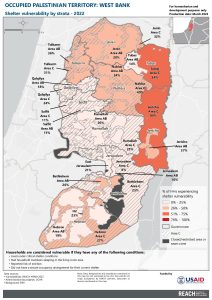
MSNA West Bank Shelter Vulnerability - 2022
PDF2.2M
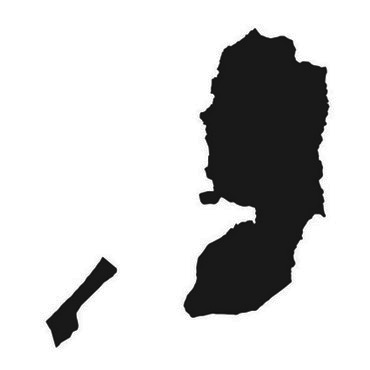
Against the backdrop of decades Israeli military occupation, recurrent hostilities, and internal political divides, the occupied Palestinian territory (oPt) faces multi-faceted challenges that have both compounded into and continue to deepen a political and humanitarian crisis. Humanitarian need in the oPt has been further exacerbated by the impact of the COVID-19 pandemic and the escalation of hostilities in the Gaza Strip in 2021. REACH began working in the oPt in 2016, supporting the Shelter Cluster in evaluating the outcomes and impact of the provision of emergency, transitional, and permanent shelter assistance in response to the 2014 conflict in Gaza. Since 2021, REACH has been assisting the humanitarian response more broadly, conducting the oPt’s first Multi-Sector Needs Assessment (MSNA), which served to inform the Humanitarian Needs Overview (HNO) and Humanitarian Response Plan (HRP).
Humanitarian actors have mobilized to support the Gaza population to face an unprecedented humanitarian crisis, which is driven by:
How IMPACT is supporting humanitarian decision making
IMPACT teams are supporting humanitarian actors and coordination platforms operating in Gaza with need-analysis and information management. Through our support we help humanitarian actors to respond to three key questions: Where are people in need? What are the needs? How to best respond?
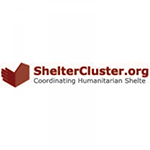
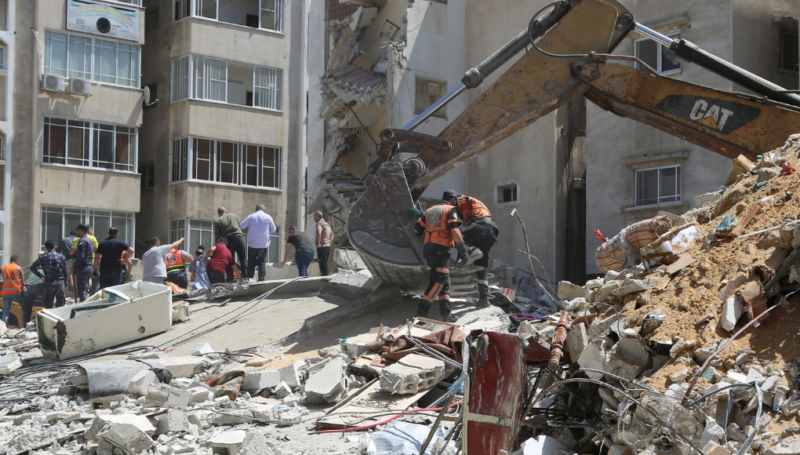
The humanitarian crisis in the Gaza Strip is dire, with essential services collapsing and over 75% of the population displaced. Urgent needs include food, water, and hygiene kits, but access...
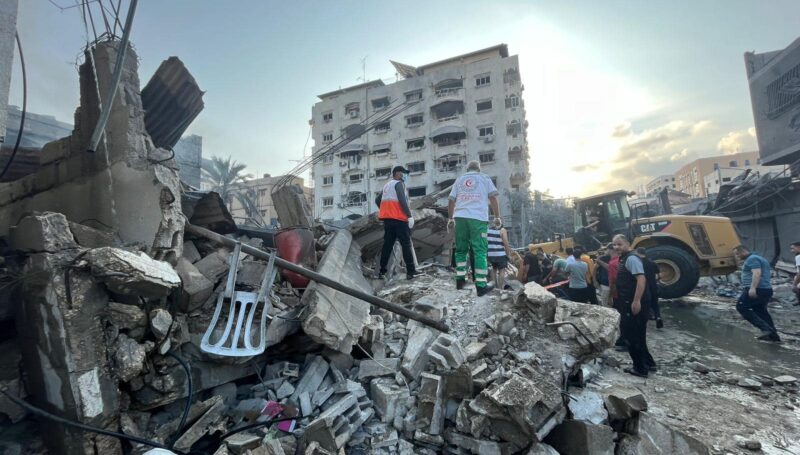
Following the escalation of conflict and violence in Israel and the occupied Palestinian territories (oPt) since 7 October 2023, IMPACT has mobilized to support humanitarian partners and coordination platforms in...
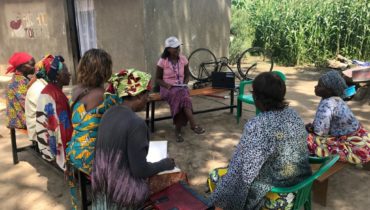
Today marks International Women’s Day, an annual global event intended to celebrate women’s achievements while also calling for greater gender equality and equity. To commemorate the milestone this year, we...


MSNA West Bank Shelter Vulnerability - 2022
PDF2.2M

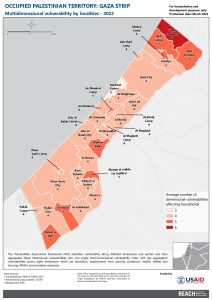
MSNA Gaza Multidimensional Vulnerability - 2022
PDF949.1K

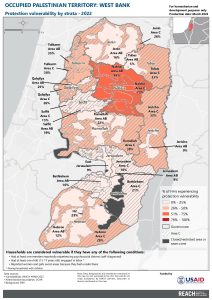
MSNA West Bank Protection Vulnerability - 2022
PDF2.3M

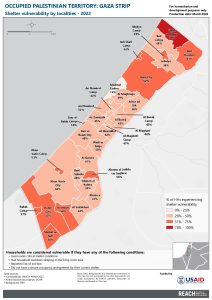
MSNA Gaza Shelter Vulnerability - 2022
PDF1.0M

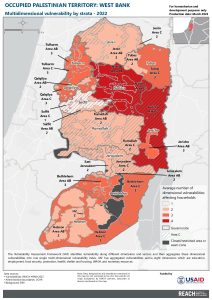
MSNA West Bank Multidimensional Vulnerability - 2022
PDF2.2M

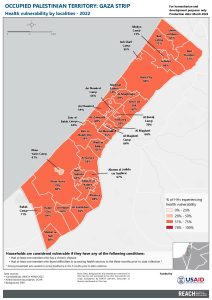
MSNA Gaza Health Vulnerability - 2022
PDF1.1M

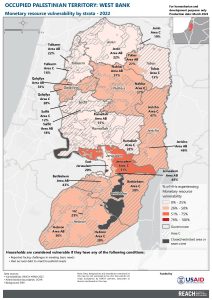
MSNA West Bank Monetary Resource Vulnerability - 2022
PDF2.2M

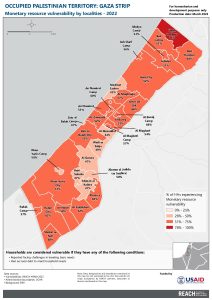
MSNA Gaza Monetary Resource Vulnerability - 2022
PDF1.0M

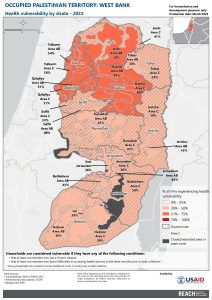
MSNA West Bank Health Vulnerability - 2022
PDF2.3M

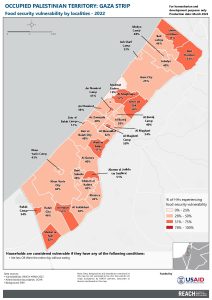
MSNA Gaza Food Security Vulnerability - 2022
PDF1.0M

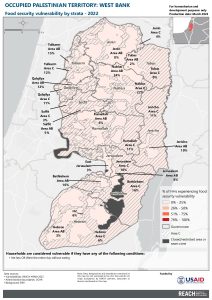
MSNA West Bank Food Security Vulnerability - 2022
PDF2.2M

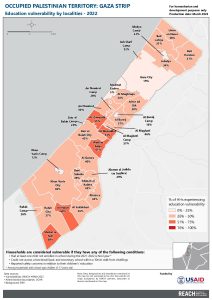
MSNA Gaza Education Vulnerability - 2022
PDF1.1M

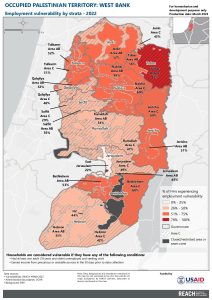
MSNA West Bank Employment Vulnerability - 2022
PDF2.2M

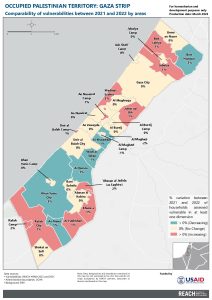
MSNA Gaza Comparability Vulnerability
PDF1.0M

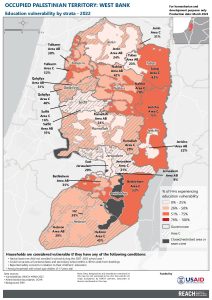
MSNA West Bank Education Vulnerability - 2022
PDF2.3M


MSNA Gaza Employment Vulnerability - 2022
PDF1.0M